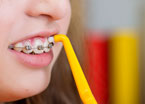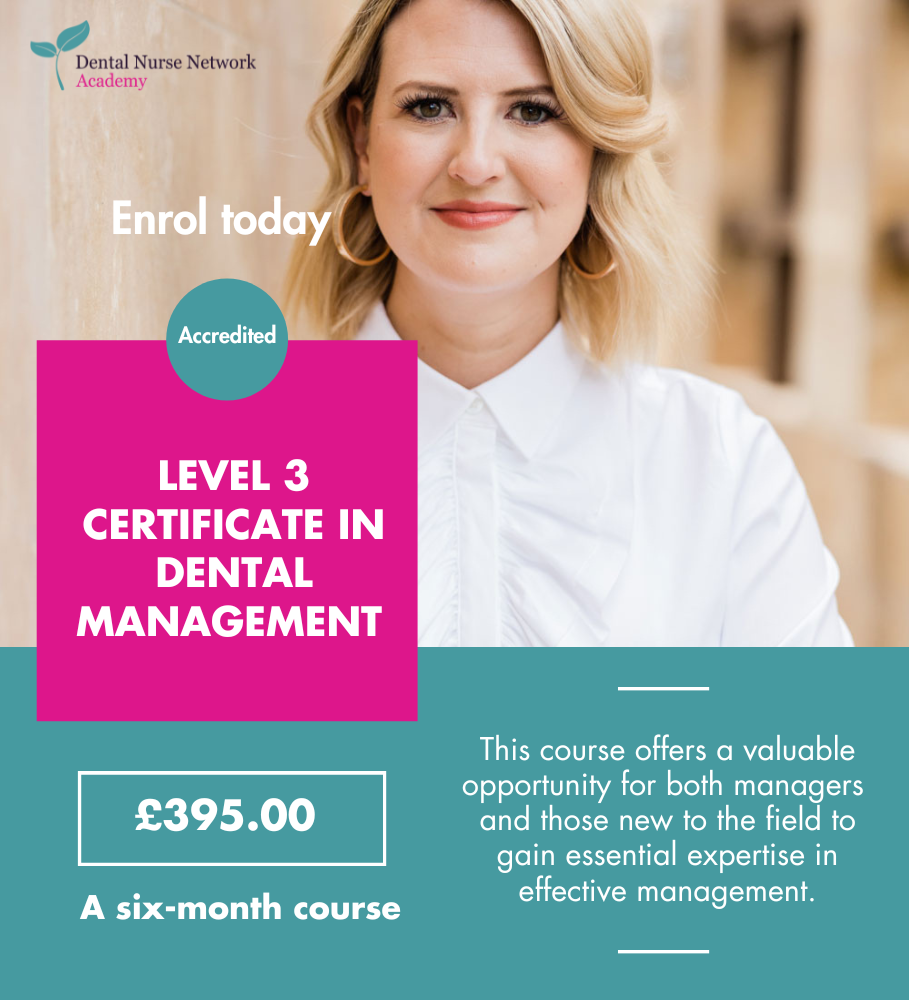 Oral Health in Orthodontics
Oral Health in Orthodontics
Maintaining good oral health during orthodontic treatment can be tricky. Many patients find it hard to keep their brushing up to scratch whilst they are not wearing an appliance, never mind whilst they have extra metal work to keep clean!
New braces can be very daunting for patients. With so much information to absorb, both on keeping their mouths healthy and on keeping their pain to a minimum during treatment, patients may often leave after their first visit feeling a little bewildered. The first few visits always seem to be the most painful for patients. Their mouths are not used to the appliances, things can rub and dig in, and whilst patients are getting used to having something new in their mouths their usual oral hygiene routines and standards can slip.
When patients come to us wanting orthodontic treatment, I always ensure they know how difficult it can be to keep a brace clean and that they may end up with nice straight teeth at the end, but there could be permanent marks and decay if they don’t look after their appliances and oral health correctly.
Appliances can either be removable or fixed. Once an appliance has been fitted, it is important to give the patient a brief lesson on taking care of their mouth and appliance during treatment. Three key messages I give to patients are:
Lower your sugar intake.
Unless you want little white marks around where the brackets have been, you should avoid excess amounts of sugar. Keep sugary snacks to mealtimes only, and swap fizzy and sugary drinks for water or milk. If patients want to drink fruit juices or cordial, I advise them to at least use a straw and again, try and keep them to meal times.
You can never brush too much.
Forget brushing twice daily - you really want to be brushing three times a day when you have a fixed appliance. Food and debris will get stuck in your brace and, if left, will cause damage to your teeth and inflame your gums. When I was having orthodontic treatment, I would always brush after my lunch. If it is not possible to brush after lunch or meal times, then try and carry some fluoride mouthwash around with you so you can at least rinse after eating. Interdental brushes will be your best friend during treatment; they get into spaces to remove food and plaque that your brush simply cannot reach.
Keep breakages to a minimum.
Sticky and hard foods are a no; they will break your brace! The more often you break your brace, the longer your treatment time will be. If your brace is broken, get it fixed as soon as possible. Not only can broken braces be annoying and painful, they can affect your treatment time. Avoid hard and sticky foods and try cutting up certain foods like apples and putting them to the back of your mouth.
Orthodontic treatment doesn’t have to be daunting. Every patient gets to a point where they just want to take their appliance off, even though they’re not ready to stop using it - but the end result is always worth the hard work. As an orthodontic nurse, I really love ‘debond day’ - patients are so excited and thankful, and it’s always rewarding to watch a happy patient leave the surgery with their new smile.
Beth Powe RDN


